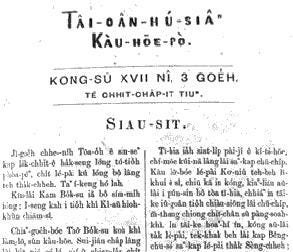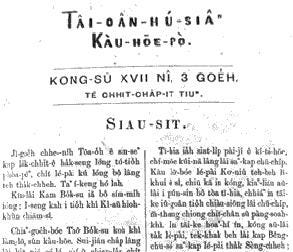How to respond to the shooting at Irvine Taiwanese Presbyterian Church?
Plus, the AAPI Jazz Fest is this Sunday, with Peter Lin and Victor Lin

We’ve been in mourning since last Sunday, when a sixty-eight-year-old gunman opened fire at a lunch hosted by the Irvine Taiwanese Presbyterian Church in Laguna Woods, California. He killed one person, Dr. John Cheng, and injured five others. This shooting has hit particularly close to home, literally: Michelle’s parents live a five-minute drive from the church. Though they’ve never attended, they know many members of the Taiwanese community in Laguna Woods, where they came to retire about half a decade ago; they’re in an exercise and tai chi group that meets on Sunday mornings. Everyone knows everyone down there: several years ago, at Michelle’s uncle’s funeral, we met Cheng’s father and the pastor who was shot. Cheng’s father, who passed away last month, went to the same medical school in Kaohsiung as Michelle’s u…
Keep reading with a 7-day free trial
Subscribe to A Broad and Ample Road to keep reading this post and get 7 days of free access to the full post archives.




